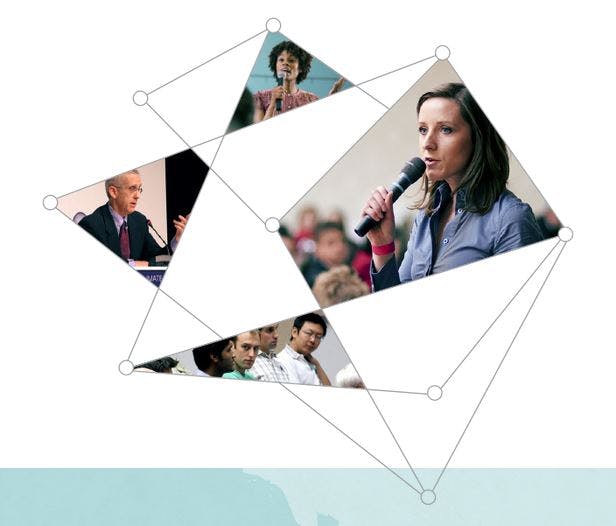I’d like to invite you to explore a new resource, climatevoices.org, which is bringing together U.S. scientists and their fellow citizens for non-political conversations about climate science and the impacts of climate change.
 When it comes to progress with climate research, I’ve been terribly fortunate to have something of a front row seat. For more than 20 years now, I’ve worked with some of the world’s most distinguished scientists from the National Center for Atmospheric Research and universities across the country. The increasingly sober findings of their work are now being revealed to the world through the latest reports of the Intergovernmental Panel on Climate Change.
When it comes to progress with climate research, I’ve been terribly fortunate to have something of a front row seat. For more than 20 years now, I’ve worked with some of the world’s most distinguished scientists from the National Center for Atmospheric Research and universities across the country. The increasingly sober findings of their work are now being revealed to the world through the latest reports of the Intergovernmental Panel on Climate Change.
We all need to learn about this research because climate change isn’t something that’s happening just to polar bears – it’s affecting people around the world and in communities across this country. As citizens, the more knowledge we have about this environmental and economic challenge, the better prepared we’ll be to respond to negative impacts and possible opportunities.
To bring climate science directly to you, the University Corporation for Atmospheric Research (UCAR) and the United Nations Foundation collaborated to recruit scientists for Climate Voices – Science Speakers Network.
If you are with a service organization, a faith-based institution, chamber of commerce, club, school, library, or any local group (including neighbors who want to get together in someone’s living room), you can contact Climate Voices’ experts through the new web site, climatevoices.org. These volunteer scientists and climate communications experts, recruited from all 50 states, are prepared to come to your gathering to give brief, context-setting presentations about the science and initiate conversations about climate change in your region.
Climate Voices is a great way to leverage the expertise of scientists in your community and join with fellow citizens to discuss what is arguably the most critical topic of our time. Unlike those polar bears, you can choose to learn about the science, understand the problem, and decide how to deal with it.



 View All Blog Posts
View All Blog Posts